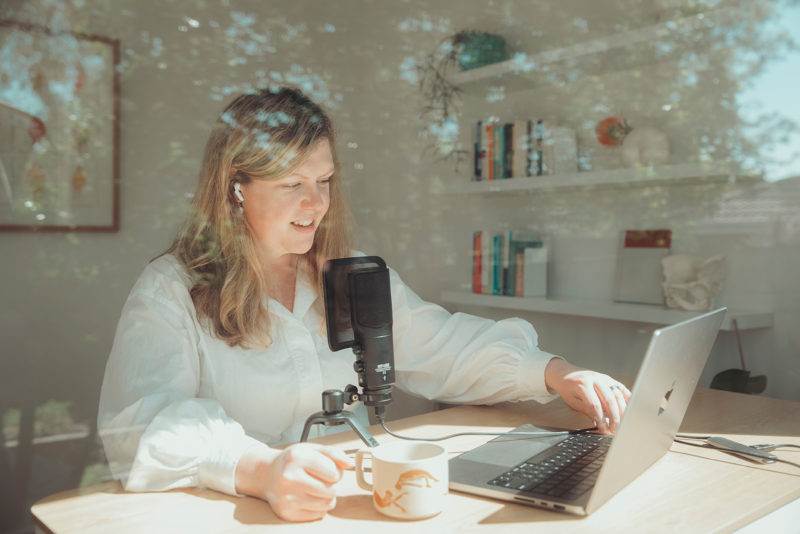Why ethics needs to be the first consideration in podcasting
I’ve had a front row seat to how podcasting has changed over the years. As the industry matures, its ethics need an upgrade, writes Sophie Walker, founder and host of the Australian Birth Stories podcast.
From beauty to true crime, sports to gardening; there’s a podcast for everything these days. And Australians are mad for them. According to Infinite Dial Australia’s August research, 40% of Aussies listen to podcasts every month with a quarter of us tuning in weekly. We’ve now overtaken our American friends as the bigger podcast aficionados, where 38% of American adults listen to podcasts every month.

Naturally it didn’t take long for brands to capitalise on this new captive audience. Podcasting ad revenue has been forecasted to hit $110 million in 2022. From a marketing and PR viewpoint, podcasts are a no brainer. Recent prestige TV programs including House of the Dragon, Lord of the Rings and Succession all had podcasting strategies to build hype and keep audiences engaged once the season finale had aired.

